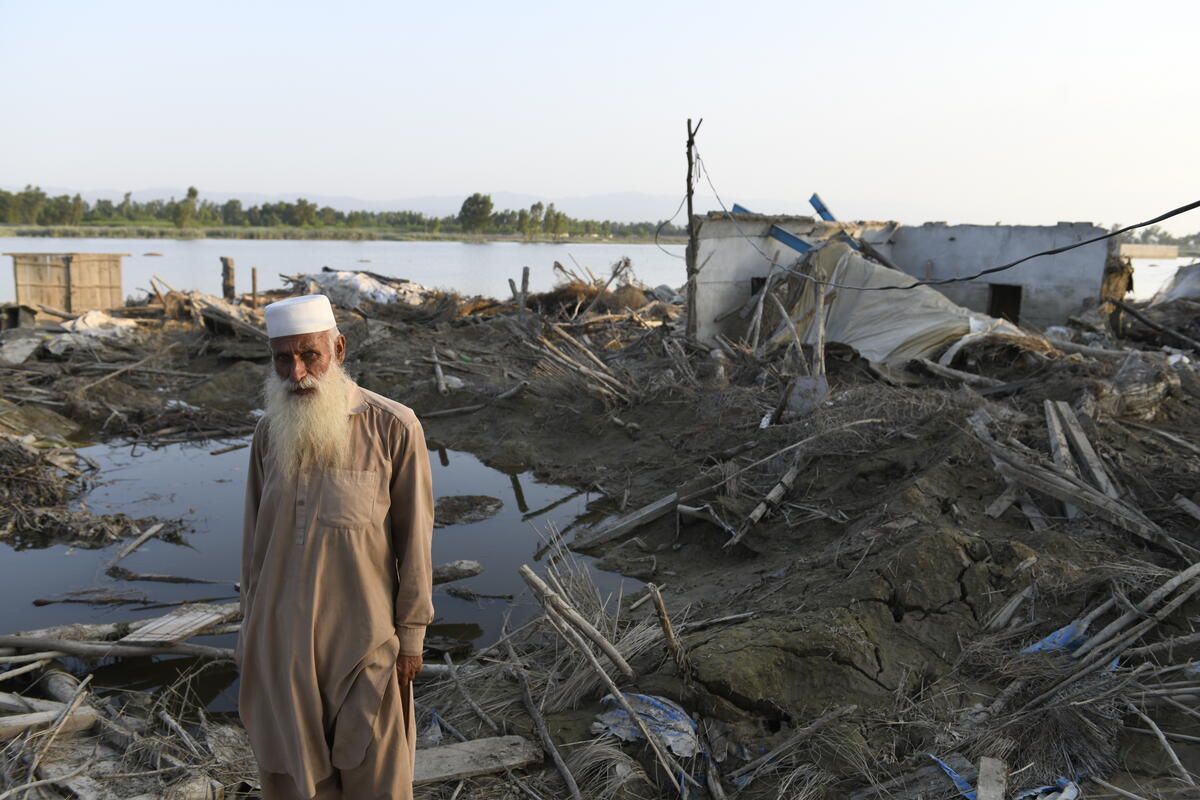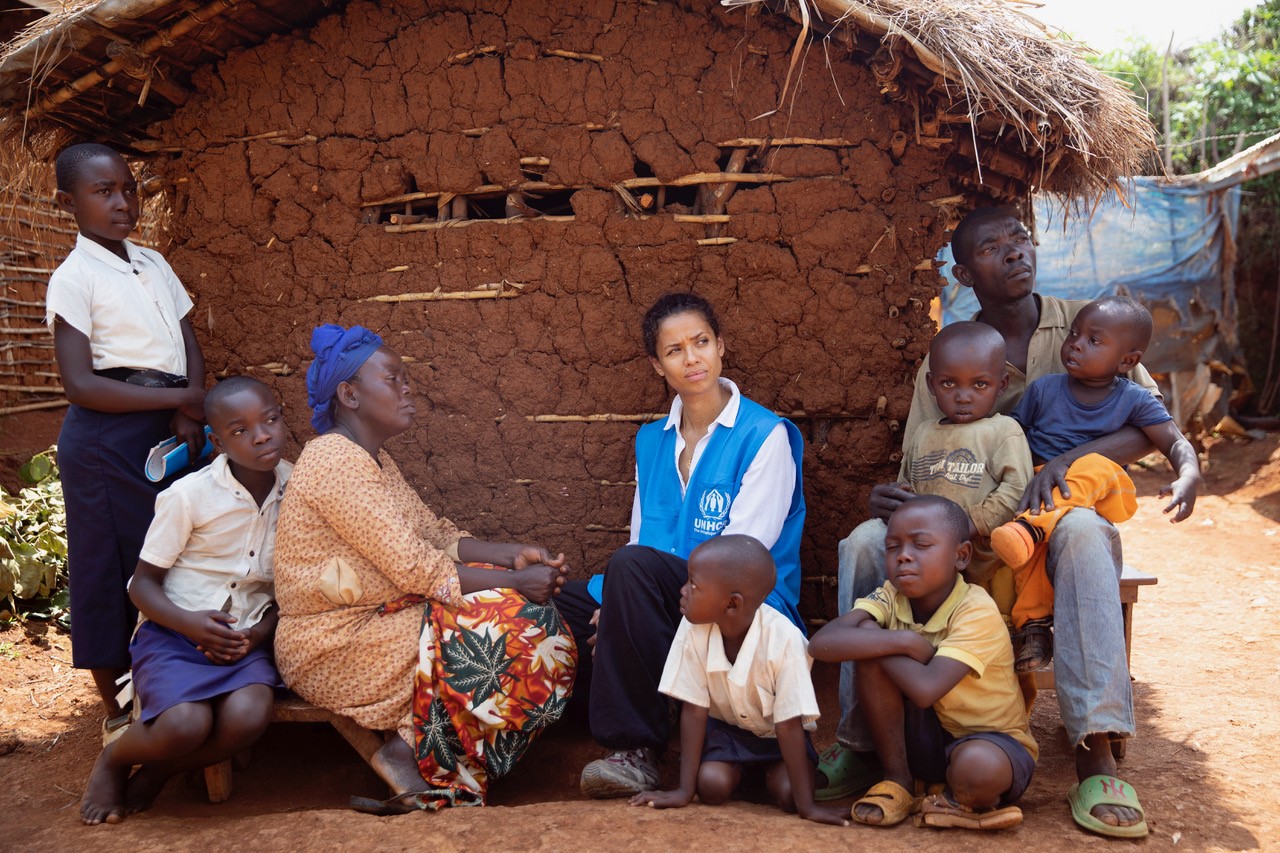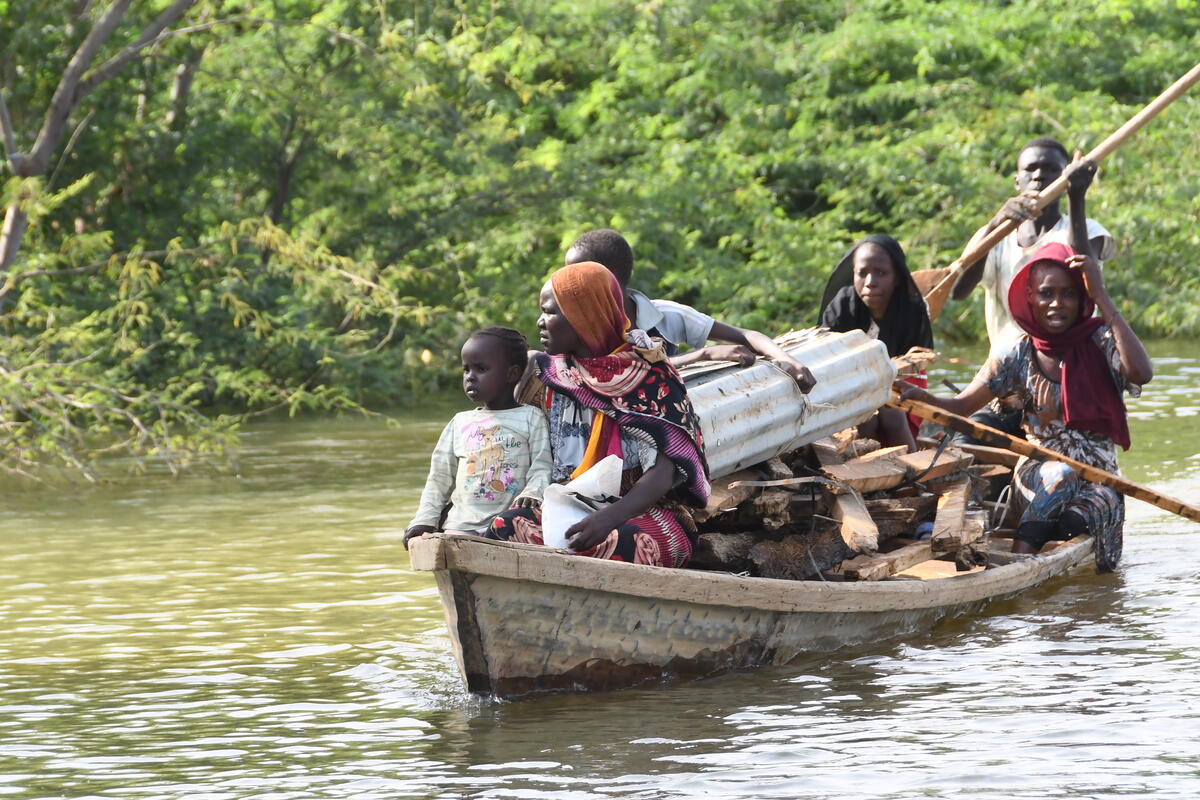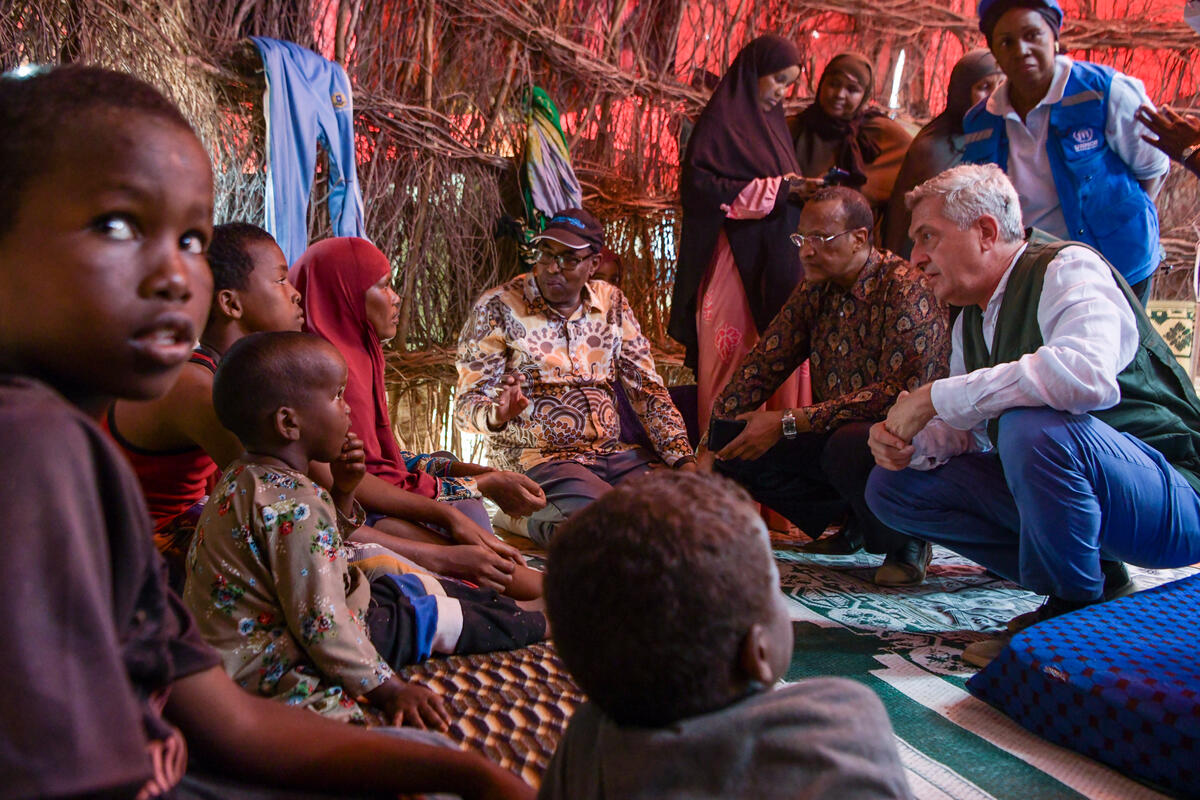Kosovars: tales of atrocities and harassment
Kosovars: tales of atrocities and harassment
More than 11,000 Kosovo refugees arrived in Macedonia on Monday in the largest daily influx in weeks. Shortly after midnight yesterday (Monday), a train brought 2,200 people and 800 followed by bus. Another train with 4,000 arrived at midday followed by thousands more on yet another train and more buses at night. At the same time, Albania saw the arrival of a mere 700 people in an indication that the main thrust of the Serbian cleansing effort is directed toward Macedonia. Some refugees arriving in Macedonia had to trek for weeks from Podujevo before being able to board the train in Pristina.
The situation in Macedonia is critical. Over the next few days refugees will have to be transferred by buses to Albania where NATO is helping with the construction of new tented camps in Korca in the vicinity of lake Ochrid. The transfer must be voluntary and the fact of being bussed to Albania will not influence their eligibility for humanitarian evacuation. UNHCR has pre-positioned staff and stocks at Korca to receive and register the refugees. The general pre-registration in Albania will start on May 6th.
Meanwhile, refugees arriving in Albania speak of sporadic atrocities and large scale harassment.
Some came from the Djakova (Djakovica) area, scene several days ago of one of the worst single atrocities in the current conflict and spoke of further killings there.
Two women interviewed extensively by UNHCR field personnel came from Djakova. They said ten days ago members of three families - a total of 19 persons - were hiding in the basement of a nearby house when they were discovered by Serbian authorities. They included one mother, two married daughters and their five children - one mother, two children and a grandmother - and another family comprising a mother, one cousin and her five children - who were all shot and the house and their bodies then burned. This report could not be independently confirmed.
The same two women reported they had also seen bodies in the streets of Meja where UNHCR personnel several days ago had reported the deliberate killing of scores of men. They could not give an accurate body count. 'I have seen so much horror, I just close my eyes,' one woman said.
Other refugees said they had been forced from the town of Zrze between Prizren and Djakova and said they had seen authorities there burying several dozen bodies at that location. There was no independent confirmation.
The exodus from Prizren continued sporadically Monday. Several educated people were picked up and expelled across the border within a matter of hours - a pattern of systematic purging of educated citizens which has emerged in the last few days.
There were also cases of almost gratuitous violence against the fleeing civilians. A group of hysterical children crossed the border after their parents had been detained at the frontier post because their papers were allegedly not in order. Serbian authorities have been systematically stripping all refugees of any form of identification.
Refugees from Djakova said some families had been deliberately split up and various members allowed to leave while others were forced to stay behind.









